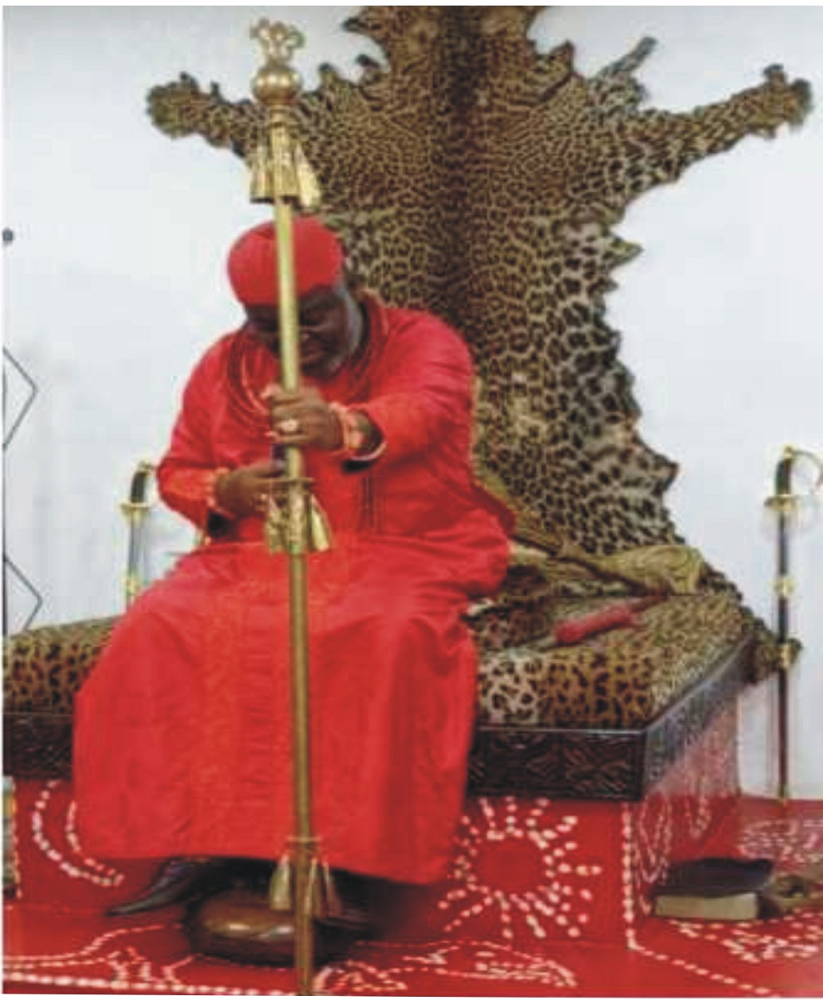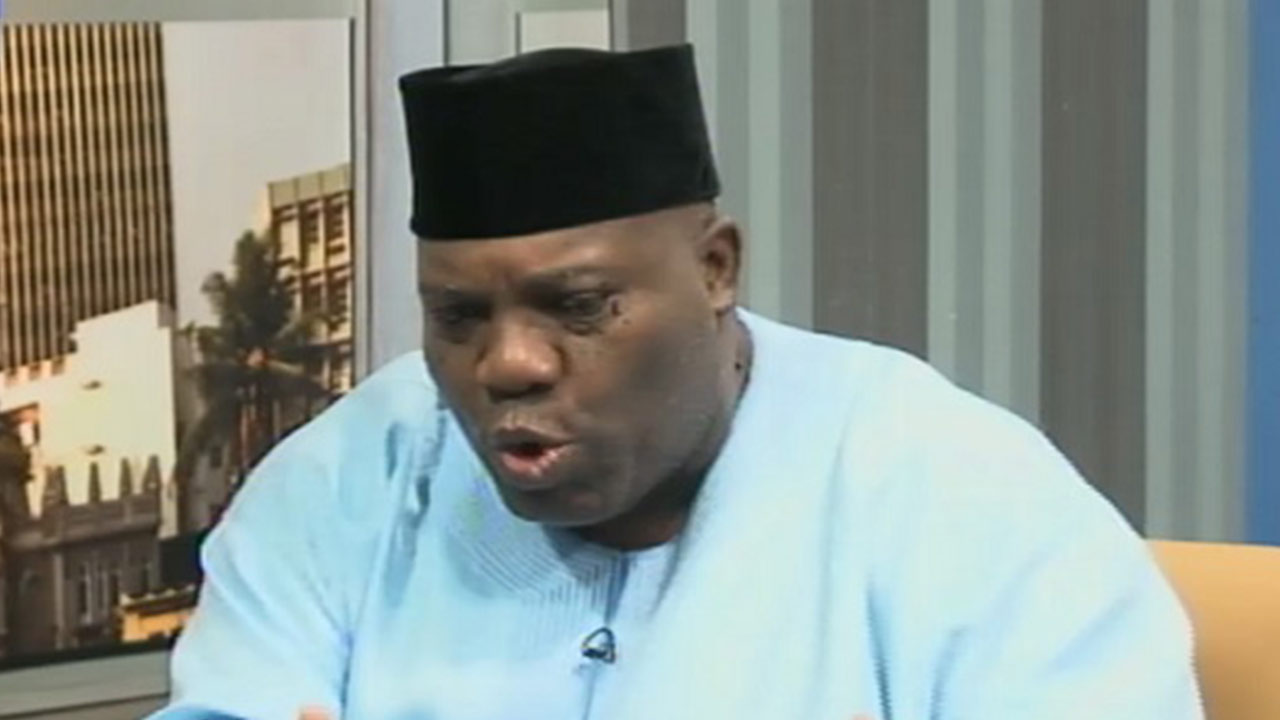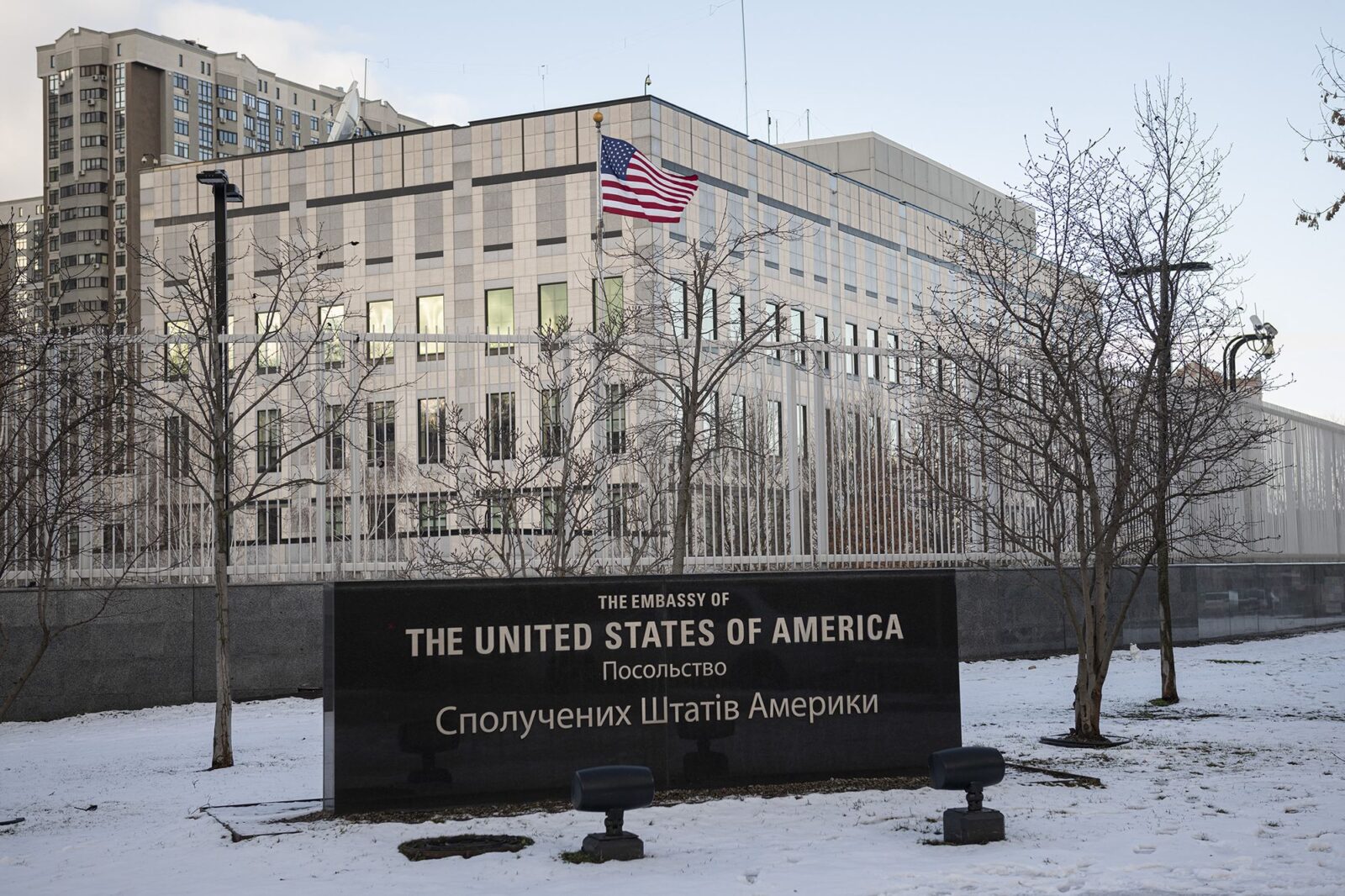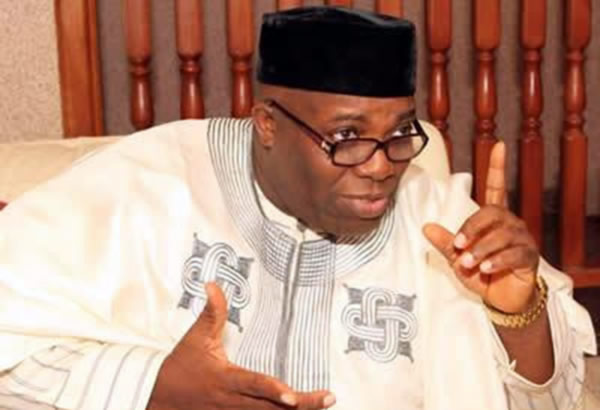CORRUPTION permeates every facet of the Nigerian society, but in the estimation of former chairman of the Independent National Electoral Commission (INEC), Professor Attahiru Jega, legislative corruption is particularly troubling. Giving a keynote address at the Anti-corruption Training for Norm and Behaviour Change organised by the Independent Corrupt Practices and Other Related Offences Commission (ICPC) ) through its Anti-Corruption Academy of Nigeria (ACAN) and with the support of the MacArthur Foundation in Abuja last week, the former INEC boss asserted that members of the National Assembly encourage corruption in the public sector even as he called for a stop to public officers acquiring traditional titles while still in service, recounting his experience with members of the National Assembly who he said habitually put pressure on public officials to manipulate the national budgets for their personal gain.
Describing corruption in the public sector as a “significant impediment” to Nigeria’s development, Jega said: “The extent to which anti-corruption agencies will work to deal with some of those bad eggs in some of those other sectors in public enterprises will go a long way. There are people and I am sorry, there may be legislators here. I want to say it categorically: they put people under very difficult position in order to do their job even with the right kind of mindset you have. First of all, you go for budget defence, they want to add something to the budget. You have to draw the line (that) ‘you cannot do this.’ In addition, they would also follow you and begin to say that you have to give them contracts. You have to have a thick skin to be able to draw a line.” Reflecting on his time at INEC, a period he described as a “trial of endurance,” Jega lamented the constant pressure from lawmakers to manipulate the agency’s budget and contracts. According to him, for any chief executive of an MDAs to be able to call the bluff of the lawmakers, they had to ensure that they themselves had nothing with which they could be exploited by the lawmakers. The ex-election chief did not fail to flay what he called the widespread corruption culture across the arms of government.
Actually, this is not the first time that the former INEC boss has spoken about the vexing issue of legislative corruption. Delivering a lecture to mark the 2018 Democracy Day, Jega had flayed the federal lawmakers for often taking bribes under the pretext of committee work and oversight functions. He had added: “I wonder what is happening with the intelligence and investigative responsibilities of security agencies in policing our National Assembly. Some chairmen of the committees in the National Assembly have become notorious on this issue of demanding bribes with impunity…I have heard so many stories of many vice-chancellors about the horror that they go through on the question of budgets and the so-called oversight assignments. I am not saying that the chief executives are saints but all we are saying is that we must point the searchlight so that Nigerians and particularly public office-holders should have basic common decency and integrity by which they discharge their responsibilities.” At the time, the Senate had challenged him to name the culprits or keep quiet. Indeed, the then Senate President, Dr. Bukola Saraki, had advised Jega to stop making reckless statements against the lawmakers if he could not come up with names to back up his allegations. Said Saraki: “I think what the professor, who is respected, should do is to come out and mention those members he is aware of. If he can’t come out and name them, he should not make such branding statements.”
Clearly, the legislative process is riddled with corruption. However, it is curious that those who are reportedly pressured by the lawmakers to engage in corrupt acts have been eerily quiet on this malady over the years. In previous editorials, we had argued that legislative corruption is strengthened by the complicity of members of the executive who cut deals with the lawmakers in order to reap corrupt benefits. That being the case, we do not see how the vexing issue of corruption in Nigeria’s governance process can be addressed through mere allegations. If anything, as revealed by various Auditor-General reports over the years, the Ministries, Departments and Agencies (MDAs) of the government are cesspools of corruption. They trifle with public funds because of the general climate of laxity and utter lack of consequences that pervades governmental operations in the country.
Read Also: NNPCL’s Utapate crude grade hits global market
If those approached by the lawmakers with corrupt propositions are honest themselves, they would not keep quiet about them. It is a no-brainer that corruption can only be stopped in its tracks if people raise the alarm and petition the appropriate authorities. But Nigerians have not been hearing of any such protests, suggesting that those involved are merely taking Nigerians for a ride. If, for instance, Jega himself was offered indecent proposals by the lawmakers while in office as INEC boss, what stopped him from at least making his objection public, if he would not take the bold step of approaching the anti-corruptive agencies with a petition? If oversight functions are bribe-taking events, who is giving those bribes and why are they doing so? Why are they not approaching the anti-corruption agencies with the evidence at their disposal? What are they trying to hide?
We do not think that the interest of the Nigerian public is served by empty allegations and name calling. Allegations and counter-allegations by partners in corruption should not excite the long-suffering public. They are meaningless.

 9 hours ago
5
9 hours ago
5













